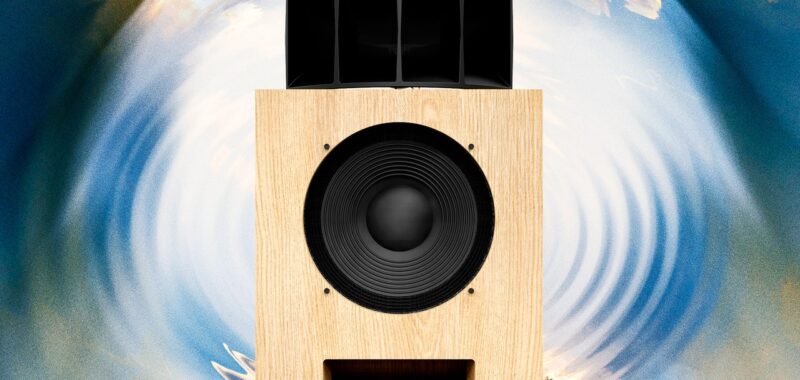If that all reads like flowery bullshit about sound to sell expensive speakers, I get it. Whenever I’ve encountered this kind of hyperbole about sound quality it’s always seemed that way to me, too. Or, at least, it did. Until I found myself walking away from a pair of $9,000 speakers as quickly as I could, while also wondering how I could possibly rationalize a $9,000 speaker purchase.
Most of the sounds Iâve heard through Turnbullâs speakers so far have been instrumental recordings, but Iâve decided to prioritize the kind of music I want to exist inside ofâsongs I wanted to be fully and wholly enveloped by. And I start with the big one: âAs,â the seven-minute pinnacle of Stevie Wonderâs magnum opus, Songs In the Key of Life.
Notes from a Fender Rhodes and a few hi-hats twinkle in, before Wonderâs honeyed voice flutters into the room. It sounds real, somehow higher than Iâve ever heard it. Iâm already slackjawed. For the nearly minute-long instrumental break in the song, weâre in there, Devin Booker, his associate and I, bobbing our heads, all of us looking at the floor, lost in sound.
That break ends, exactly at 3:43, when you can hear Wonder let out a sotto voce laugh off-mic, before coming back in like a wrecking ball, a moment broadly regarded as one of the most insane in his entire discography. It hits the room like a sonic boom, and I look up and Bookerâs looked up and Bookerâs dudeâs looked up and weâre all laughing, this intimate experience of sound, and sound being entirely beyond belief. When you hear Stevie Wonder like this, âenjoyableâ doesnât even feel like it belongs in the proper range of adjectives. Itâs certainly nowhere near what I felt, which is, above all, humbled.
From my stack, Turnbull picks up The Beach Boysâ Pet Sounds. âNice,â he says. âWhich one?â Any song, I tell him. Truly, anything off that. He picks âGod Only Knows.â Carl Wilsonâs croon comes in, and no, it doesnât sound like weâre in that studio in 1966, but different, as though weâre ascending toward an audience with something cosmic in scale, the endpoint of all Brian Wilsonâs ideas about song, music, Phil Spectorâs âWall Of Sound,â spiritualityâsometimes, frankly, itâs a lot to handle.
The same thing happens with Fleetwood Macâs Rumoursâwe listen to âDreamsâ and âThe Chain,â and yes, of course they sound amazing, but Iâm realizing that Iâm hearing too much, hearing things that Iâm not ready for. The songâs imperfections. Like putting on prescription eyeglasses and seeing too clearly, to the point of slight disorientation (or at least, seeing dirt on a window you didnât just moments ago), Iâm hearing everythingâexactly what Roy said would happen. Itâs disorienting, and incredible.
Finally, Iâve got one song left before we head to our next destination â but also, a song I feel so strongly about, Iâm almost embarrassed if not downright uncomfortable to hear it in public: Van Morrisonâs âSweet Thing,â off 1968âs Astral Weeks. Itâs not really a song about much. Thereâs Van Morrison, mumbling or yelping about chariots and mist and never feeling so old again. And then thereâs the music, a slow gallop of a guitar line, a very pronounced ting of a triangle, a sweet violin flourish, a drum line that sounds like a perfectly skipped rock, a big spoon of a bass line.

